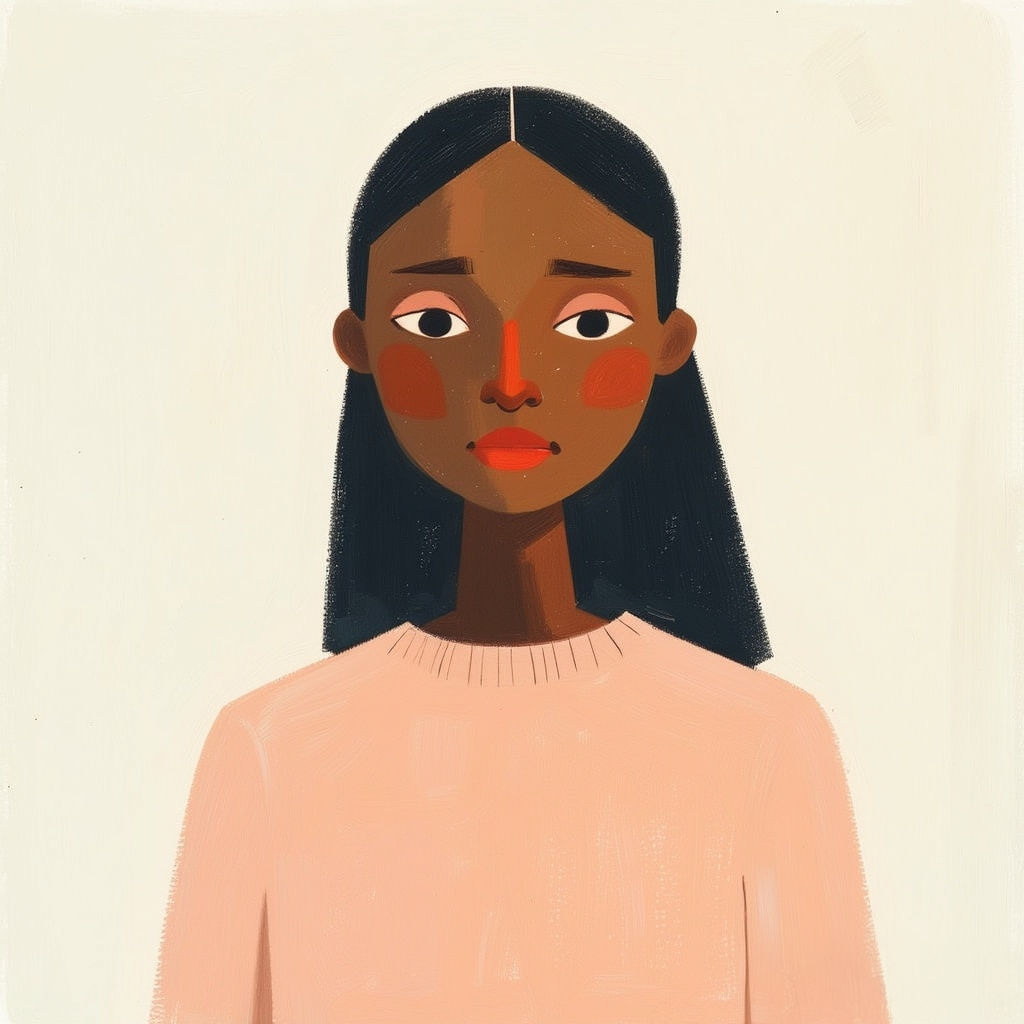Adu-Gyamfi, Samuel, and Helena Osei-Egyir. “Decolonial History of African Female Education and Training in Colonial Asante, 1920-1960.” eTropic Electronic Journal of Studies in the Tropics 22, no. 2 (July 23, 2023): 218–238. https://doi.org/10.25120/etropic.22.2.2023.3949.
Agyekum, Kofi. “Akan concepts and proverbs on abusua, ‘family.’” Legon Journal of the Humanities 35, no. 1 (June 28, 2024): 132–163. https://doi.org/10.4314/ljh.v35i1.4.
Boateng, Anabella Afra. “Reinstating the Inherent Dignity of Marginalized Communities in Ghana.” Journal of Interdisciplinary Studies in Education 9, no. SI (August 11, 2020): 80–101. https://doi.org/10.32674/jise.v9is(1).2010.
Göttner-Abendroth, Heide. Matriarchal Societies. Peter Lang Incorporated, International Academic Publishers, 2013.
Hardiman, M. “A preliminary study of the role of women in some Akan rural communities.” In Domestic Rights and Duties in Southern Africa, 1:102–129. Institute of African Studies, University of Ghana, 1974.
Isife, Evaristus. “MATRIARCHY IN TRADITIONAL AFRICA AND ITS RELEVANCE TO CONTEMPORARY FEMINISM.” Igwebuike 9, no. 4 (2023): 176–192. https://www.acjol.org/index.php/iaajah/article/view/3770.
Johnson, Lineo, and Kofi Quan-Baffour. “‘My Outfit, My Identity’: An Ethnographic Study of the Akan of Ghana and the Basotho of Lesotho.” Southern African Journal for Folklore Studies 32, no. 1 (March 24, 2023): 1–19. https://doi.org/10.25159/2663-6697/10579.
Johnson, Lineo, and Kofi Quan-Baffour. “‘My Outfit, My Identity’: An Ethnographic Study of the Akan of Ghana and the Basotho of Lesotho.” Southern African Journal for Folklore Studies 32, no. 1 (March 24, 2023): 1–19. https://doi.org/10.25159/2663-6697/10579.
Mensah, Nana Pokua Wiafe. Nana Yaa Asantewaa, The Queen Mother of Ejisu. University of Toronto, 2010.
Nyamekye, Reggie, and Abigail Zita Seshie. “Through the Lenses of Culture: A diasporic sisters dialogue on power struggles informing African women’s representations in Ghanaian and Canadian contexts.” Engaged Scholar Journal Community-Engaged Research Teaching and Learning 8, no. 2 (November 27, 2022): 177–188. https://doi.org/10.15402/esj.v8i2.70798.
Odamtten, Harry N. K. “Dode Akabi: A Reexamination of the Oral and Textual Narrative of a ‘Wicked’ Female King.” Journal of Women’s History 27, no. 3 (January 1, 2015): 61–85. https://doi.org/10.1353/jowh.2015.0034.
Stoeltje, Beverly J. “Asante Queen Mothers in Ghana.” Oxford Research Encyclopedia of African History (March 25, 2021). https://doi.org/10.1093/acrefore/9780190277734.013.796.
Wilks, Ivor. “The State of the Akan and the Akan States: A Discursion.” Cahiers D Études Africaines 22, no. 87 (January 1, 1982): 231–249. https://doi.org/10.3406/cea.1982.3377.
